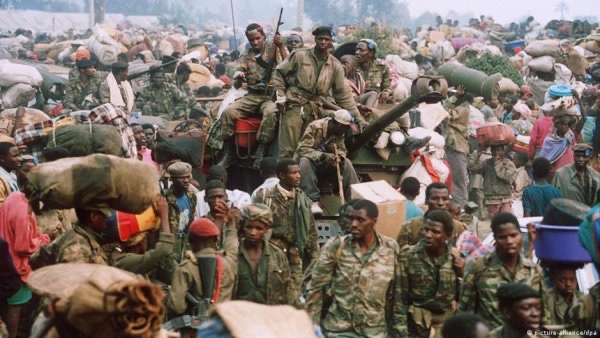In the early hours of October 29, 1996, as families in Cyangugu (now Rusizi) settled in for the night, a sudden barrage of artillery shells rained down on their homes. The attackers? Zairean troops, providing cover for FDLR genocidaires—remnants of the regime that orchestrated the 1994 Genocide against the Tutsi. For many Rwandans, this was a grim reminder that the genocide had not truly ended.
The world had watched in horror as over a million lives were taken in 100 days. But when the killers lost power in Rwanda, they simply moved, armed, across the border into what was then Zaire (now the Democratic Republic of Congo, DRC), regrouping under the protection of a weak, complicit government and an international community conspicuous for inaction. Instead of being held accountable, they were given sanctuary, right on Rwanda’s Western border. They settled regrouped, rearmed and recruited, Rwanda in their sights.
Rwanda, the victim of this horrific chapter in history, found itself in an impossible position: constantly defending its right to exist against those who had vowed to finish what they started.
For nearly 30 years, Rwanda has faced an unrelenting security threat from the Forces Démocratiques de Libération du Rwanda (FDLR)—a terrorist militia born out of the genocidal forces that fled to Congo. This is not speculation; it is historical fact. The international community has been aware of it for decades, yet time and again, it chooses to ignore or minimise Rwanda’s plight. Instead, the dominant narrative has been flipped—painting Rwanda as the aggressor while erasing the decades of documented attacks it has endured.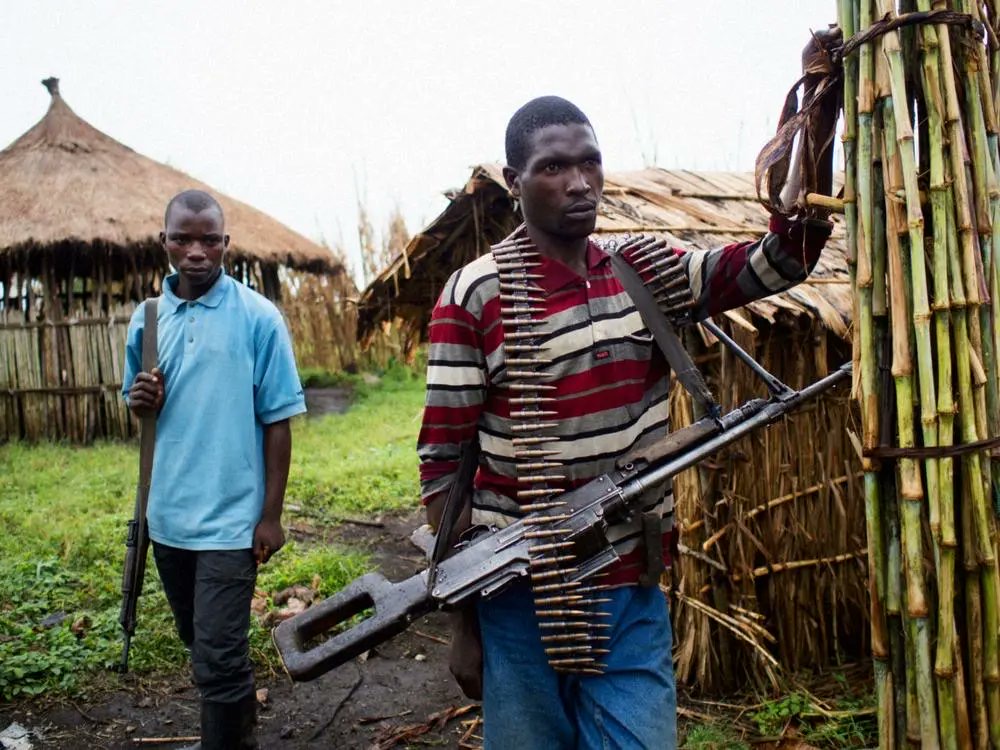
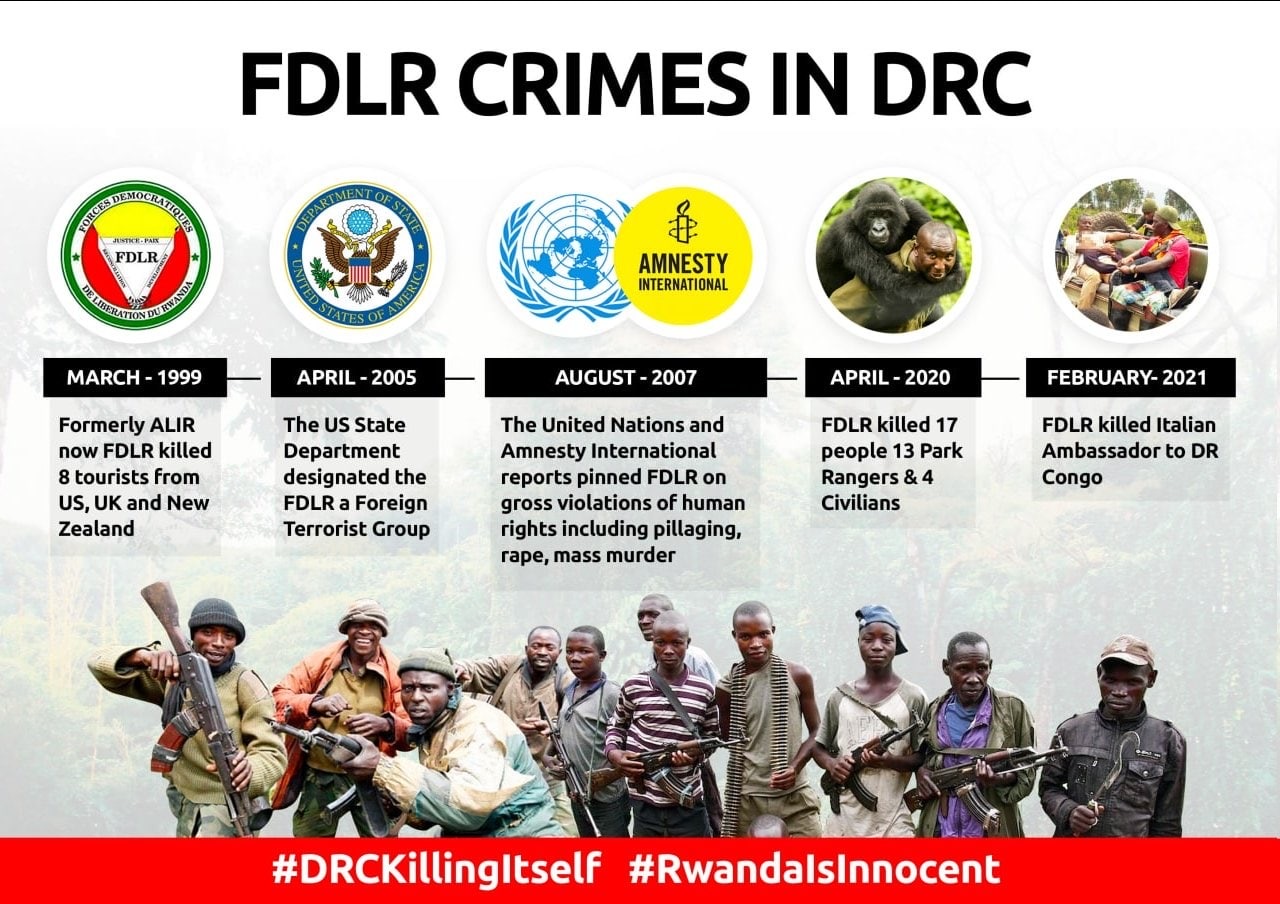
The Cost of Silence: A Timeline of Aggression
It is often said that history repeats itself. In Rwanda’s case, history has not just repeated—it has been a continuous cycle of invasion, shelling, and murder. Here are just a few instances:
Chronology of Attacks on Rwanda by FDLR, FLN, and FARDC (1996–2025)
1990s: The Aftermath of Genocide
• October 29, 1996 – Zairean (now DRC) troops and FDLR genocidaires shelled Cyangugu (now Rusizi), killing civilians.
• March 18, 1997 – Nyange School Massacre: ALiR (now FDLR) attacked Nyange Secondary School, killing students who refused to be separated by ethnicity.
• January 19, 1998 – FDLR ambushed a BRALIRWA brewery staff bus in Nyamyumba, burning passengers alive.
• 1997-2000 – FDLR launched terror attacks in western and northern Rwanda, targeting genocide survivors and those associated with the RPF.
2010s: Intensified Attacks
• July 15, 2012 – Bombs fired from Goma, DRC, landed in Gisura and Ruhara villages (Rubavu).
• August 29, 2012 – Shelling in Mbugangari marketplace killed Vestine Mukagasana and critically injured her two-month-old baby.
• November 27, 2012 – FDLR fighters in Congolese army uniforms attacked Muti village (Rubavu) with FARDC-supplied weapons.
2018 Attacks
• June 2018 – FLN attacked Nyabimata sector, Nyaruguru District, looting shops and killing two people.
• December 2018 – FDLR and FLN launched separate attacks in Nyabimata, Nyaruguru District, killing civilians and destroying property.
2019 Attacks
• April 2019 – FLN ambushed a passenger bus in Cyitabi, Nyamagabe District, killing and injuring civilians.
• July 2019 – FLN attacked civilians in Nyaruguru District.
• October 2019 – A splinter group of FDLR, CNRD-Ubwiyunge, attacked Kinigi, Musanze District, killing at least 14 people.
2022 Attacks
• March 19 & 23, 2022 – FARDC shelled Kinigi (Musanze) and Gahunga (Burera), injuring civilians and damaging property.
• May 23, 2022 – Multiple shells fired from DRC landed in Rubavu District, injuring civilians and damaging infrastructure.
• June 10, 2022 – FARDC launched 122mm rockets from Bunagana, DRC, into Musanze and Burera Districts, two weeks before the Kigali Commonwealth Summit.
2022–2023: Increasing Aerial Violations
• 2022-2023 – DRC’s Sukhoi-25 jets repeatedly violated Rwandan airspace.
2024–2025 Escalation
• October 12, 2024 – The DRC Government increased militarization near Rwanda’s border, deploying heavy weaponry and attack drones.
• January 26, 2025 – As Goma fell to M23, retreating DRC coalition forces shelled and opened fire on Rubavu, killing 16 civilians and injuring 177 others.
Each incident constitutes a violation of sovereignty and territorial integrity.
These are not isolated incidents. They are part of a deliberate, sustained campaign against Rwanda, in the service of an ethnic extremist ideology, an ideology that has sank roots in that area and resulted in extreme persecution of Congolese Tutsis, large numbers of whom fled the country and those remain keep on tenterhooks.
Hundreds of other armed groups freely roam, rape, murder and rob in Eastern DRC. To the north, Codeco terrorises, murders the Hema ethic group and pillages their villages, to finish them off. ISIS linked ADF beheads people, pummels brains out of their heads because they are Christians. To the South scores of groups are armed to wage an ethnic extermination campaign against Banyamulenge people.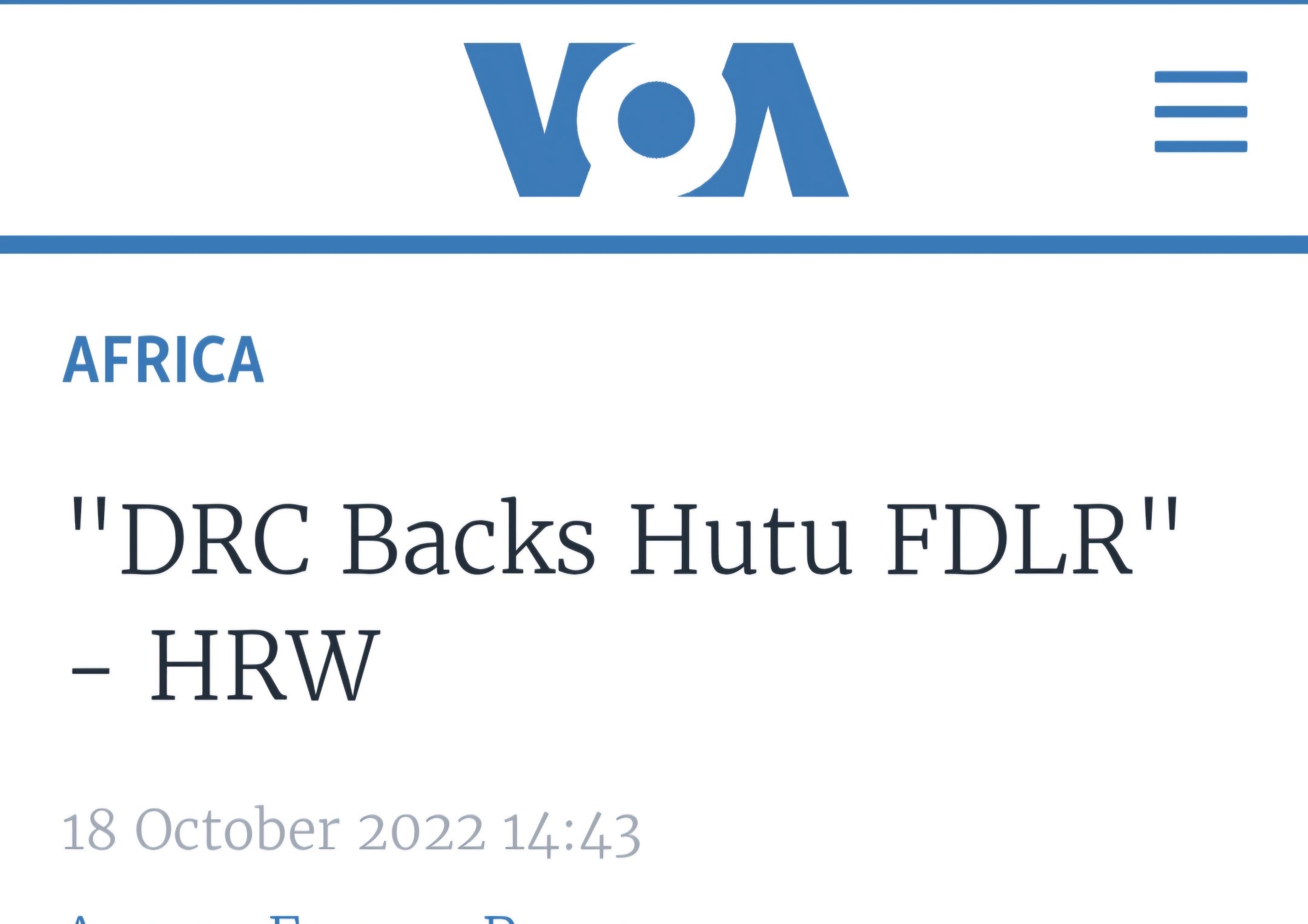
The largest and probably most expensive UN mission, Monusco, deployed in 1999 to bring peace and stabilise the Region, is firmly in place. There were probably only 2 armed groups in 1999, Mai Mai and FDLR, today there are hundreds. These armed groups caused so much insecurity that nearly a million citizens fled their homes, became IDPs. Monusco protects them and a large army of NGOs provide their needs.
Hundreds of thousands of Congolese Tutsis languish in refugee camps in Rwanda and elsewhere in the Region, rejected by their country, forgotten by the international community, consigned to oblivion, because they are that ethnicity. The current internal DRC conflict stems from here.
That is our neighbour to the west.
Why Does the World Remain Silent?
Imagine a scenario: a militia responsible for the Holocaust flees to a neighboring country, where it is allowed to regroup, tax civilians, and launch attacks on Israel for decades. Would the world stand idly by and lecture Israel on how insignificant the threat is? Would it ignore history and pretend the threat isn’t real?
Yet, when it comes to Rwanda, the world does exactly that.
Instead of demanding that the DRC disband and prosecute the FDLR, certain members of the international community pretend as though the group does not exist. They demonize Rwanda’s defensive measures while absolving the Congolese government of any responsibility.
This selective blindness is not just a failure of diplomacy—it is complicity in perpetuating violence.
Rwanda’s Right to Defend Itself
For 31 years, Rwanda has prioritized peace, security, and development. A country once written off as a failed state is now an African success story. But this progress has come at an immense cost—constant vigilance against an enemy that refuses to disappear, a cost imposed by the DRC.
Rwanda does not seek war, has never. It does not invade its neighbors. It defends itself—because history has taught it that no one else will. Fanciful stories of plunder of DRC minerals are just lies and fabrication. Rwandans’ hard work, unity, accountability, thinking out of the box, probity brought us here. If minerals were the magic bullet, DRC should be on Mars.
The African Union (AU) has endorsed the East African Community (EAC), and SADC regional approach to resolving the crisis. Rwanda fully supports this effort. Its the hope of the continent that it will address the root causes of instability: the continued existence of the FDLR and find peace for EDRC.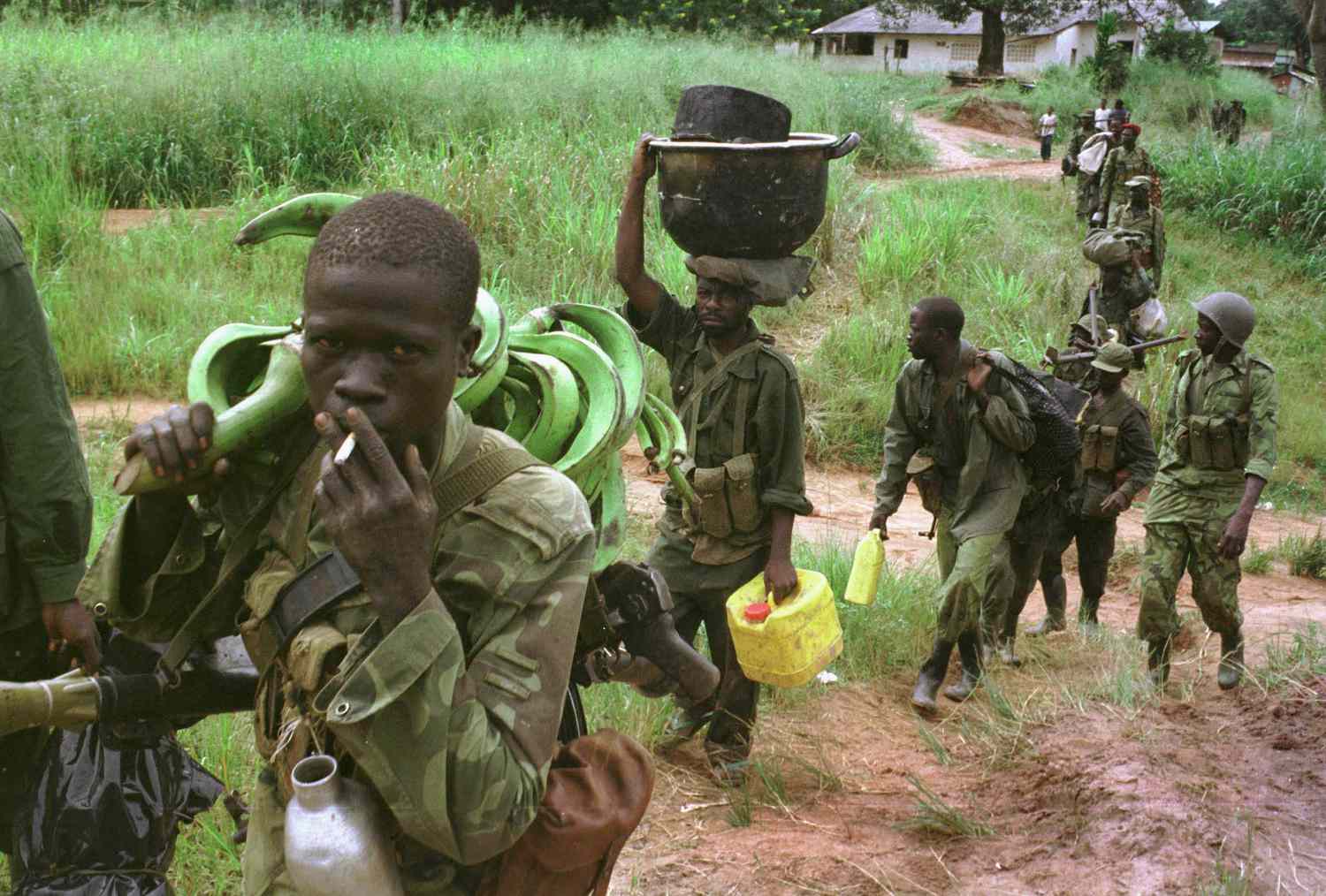
Rwanda seeks peace, trade, development and cordial relations. DRC and Rwanda are neighbours, will always be. We share all the past and the future. The Berlin Conference resulted in same communities across multiple borders in Africa, it’s not unique to Rwanda and DRC. It should drive strength and fraternity, not ethnic bigotry, a big elephant in the room.
The international community has a choice: either acknowledge the truth, support the African process as Africa works towards a real solution and enduring peace, or continue playing the dangerous game of conjuring up a victim so as to take taking sides. The Region is at another historical moment. History is replete with historical moments that were missed, to great detriment to humanity.
For Rwanda, like any other nation, survival is not an option—it is an obligation.
The Author is Johnston Busingye, Rwanda’s High Commissioner to the UK.



